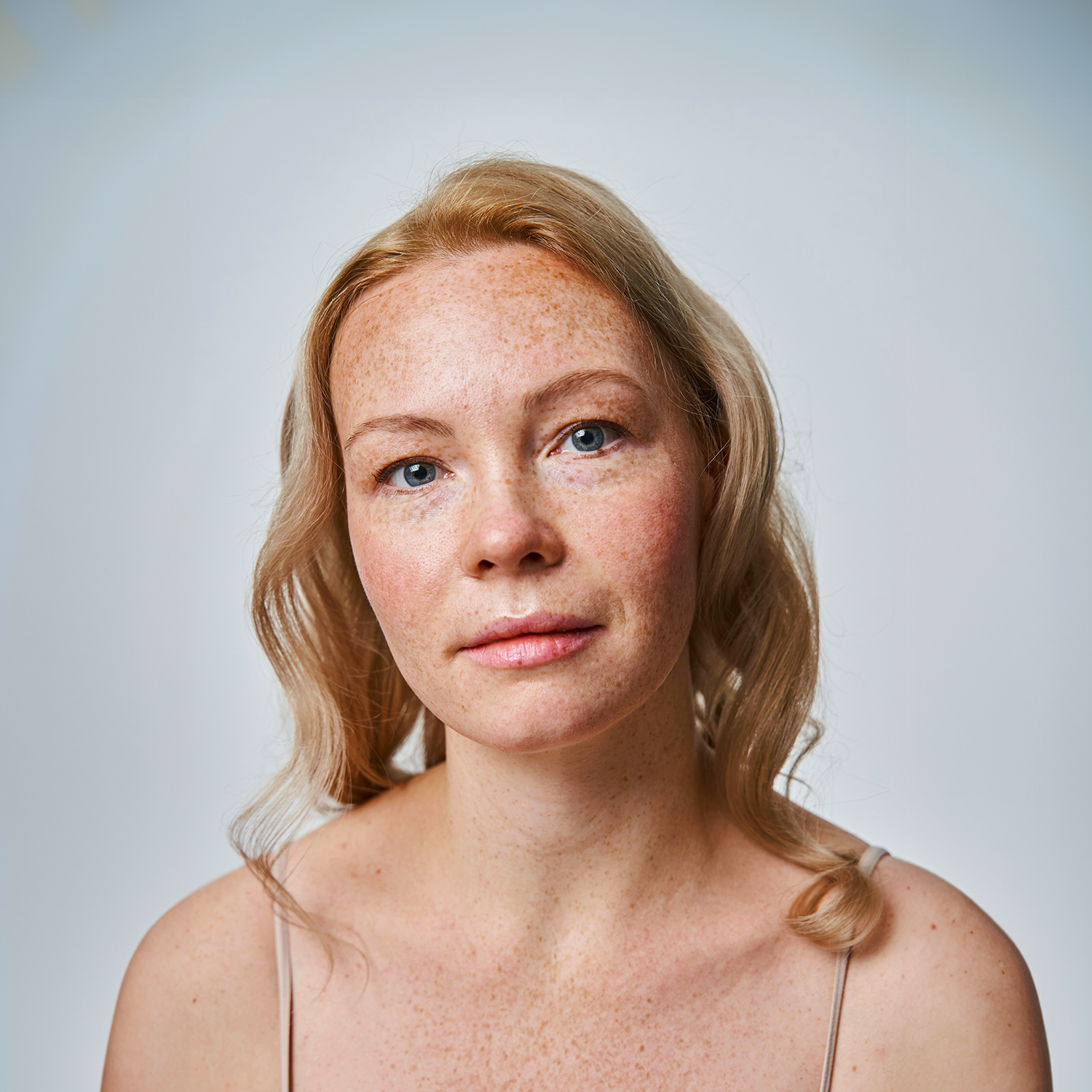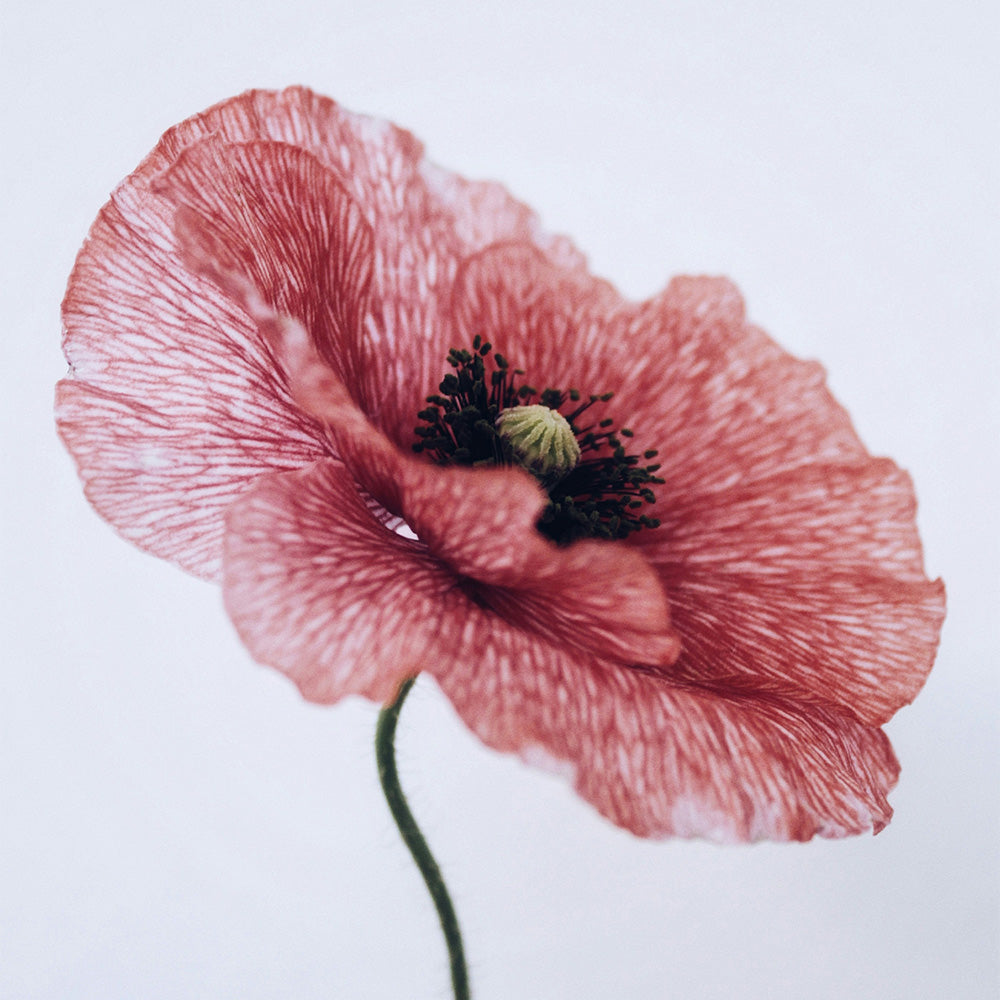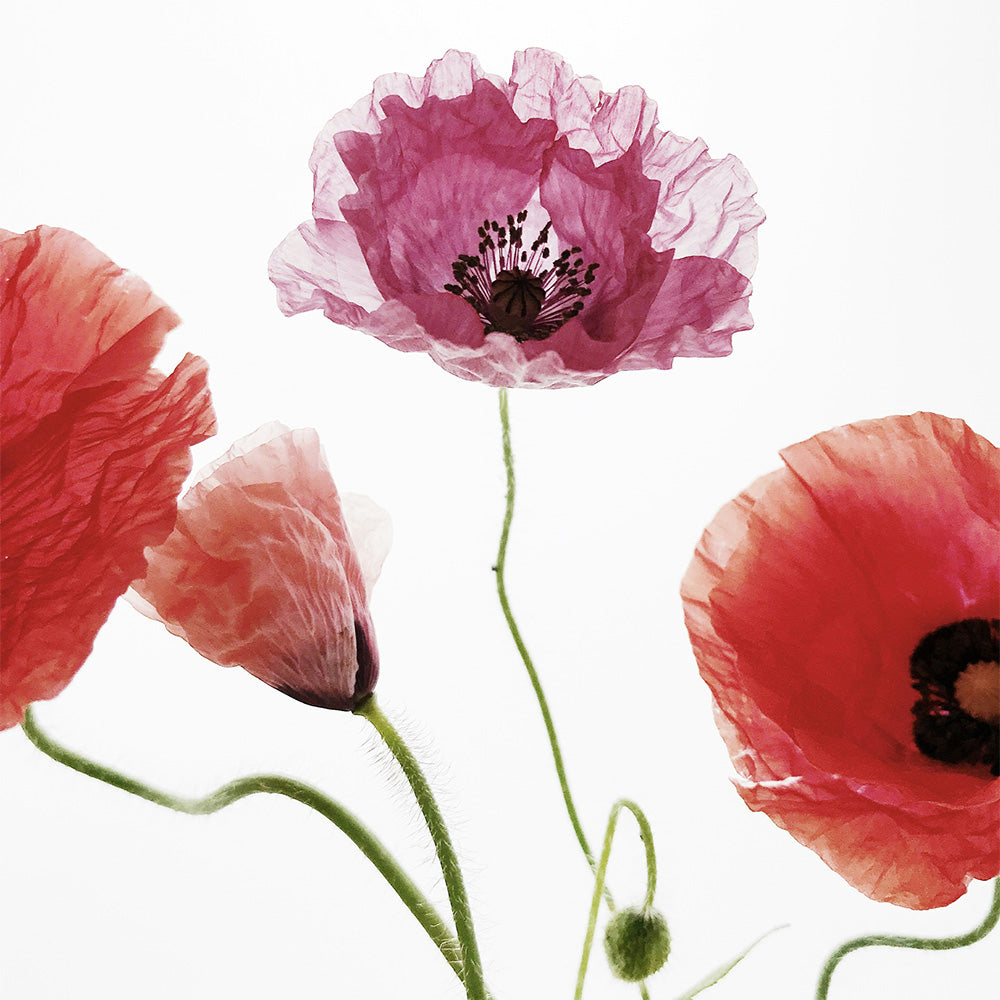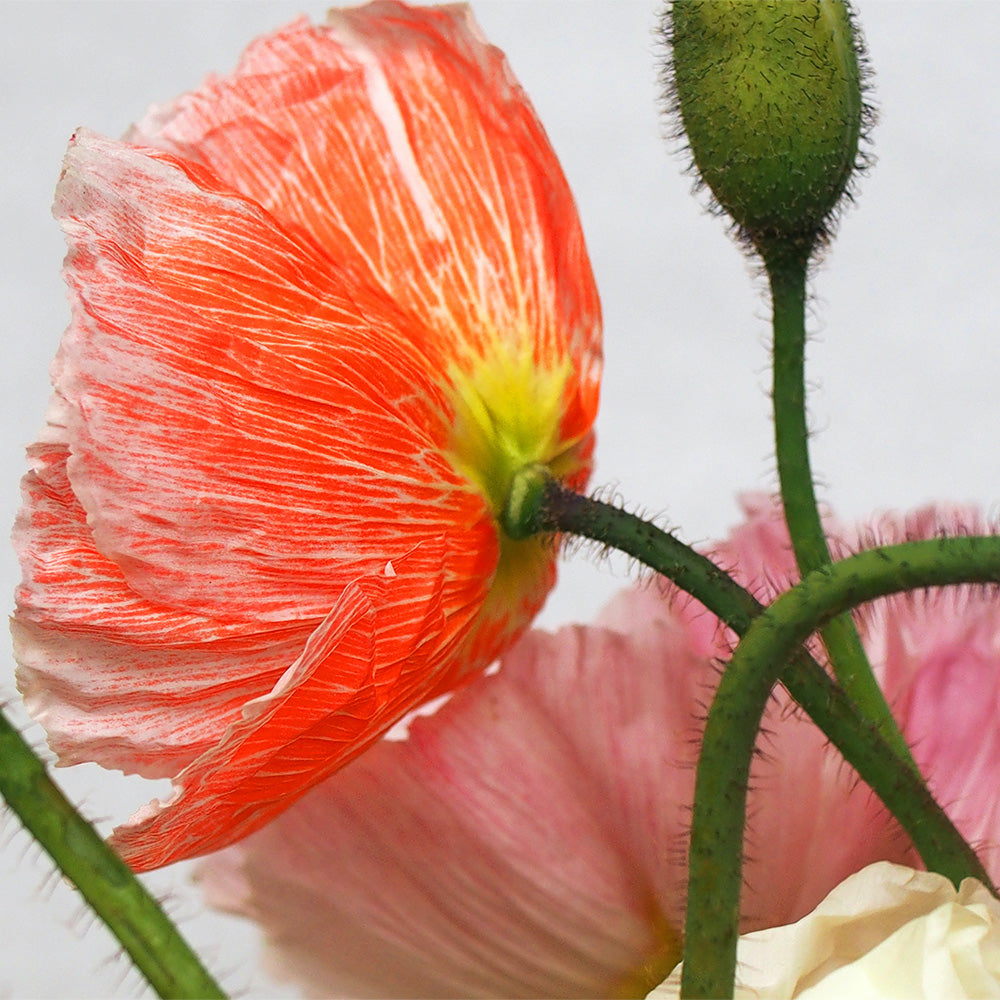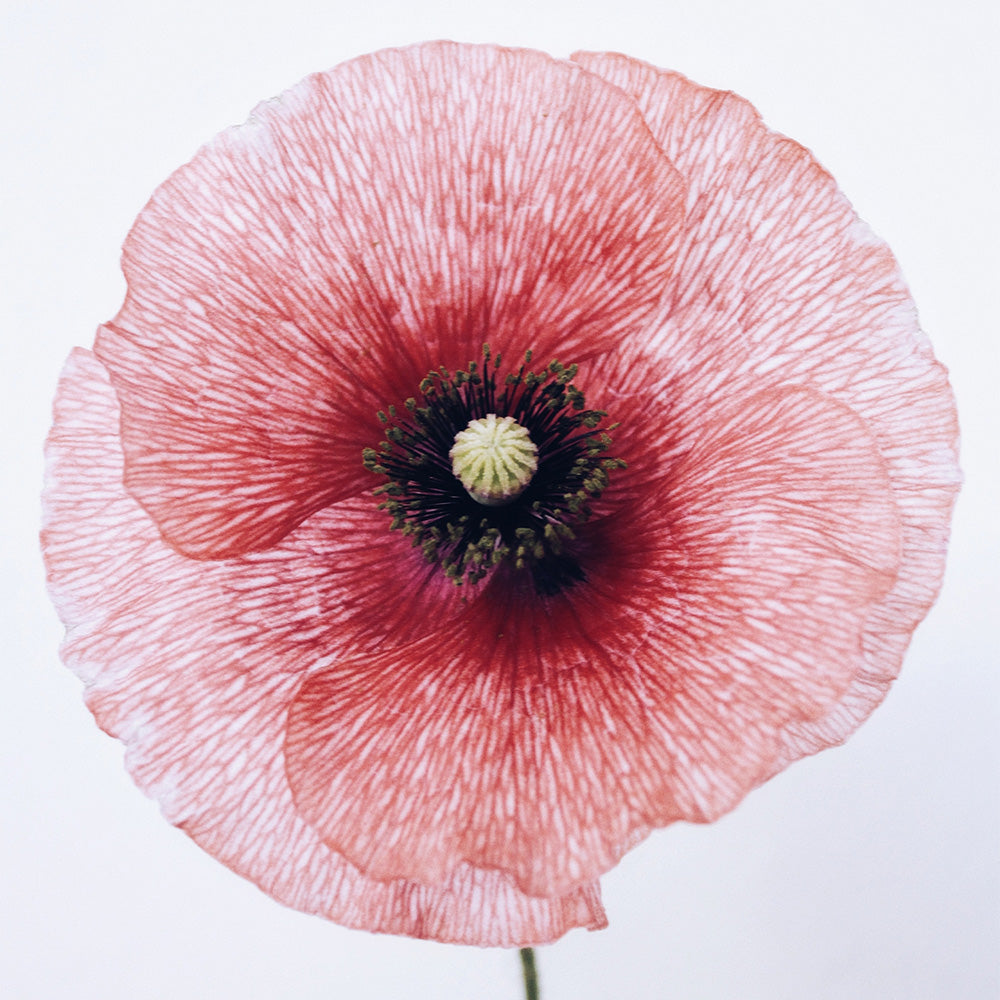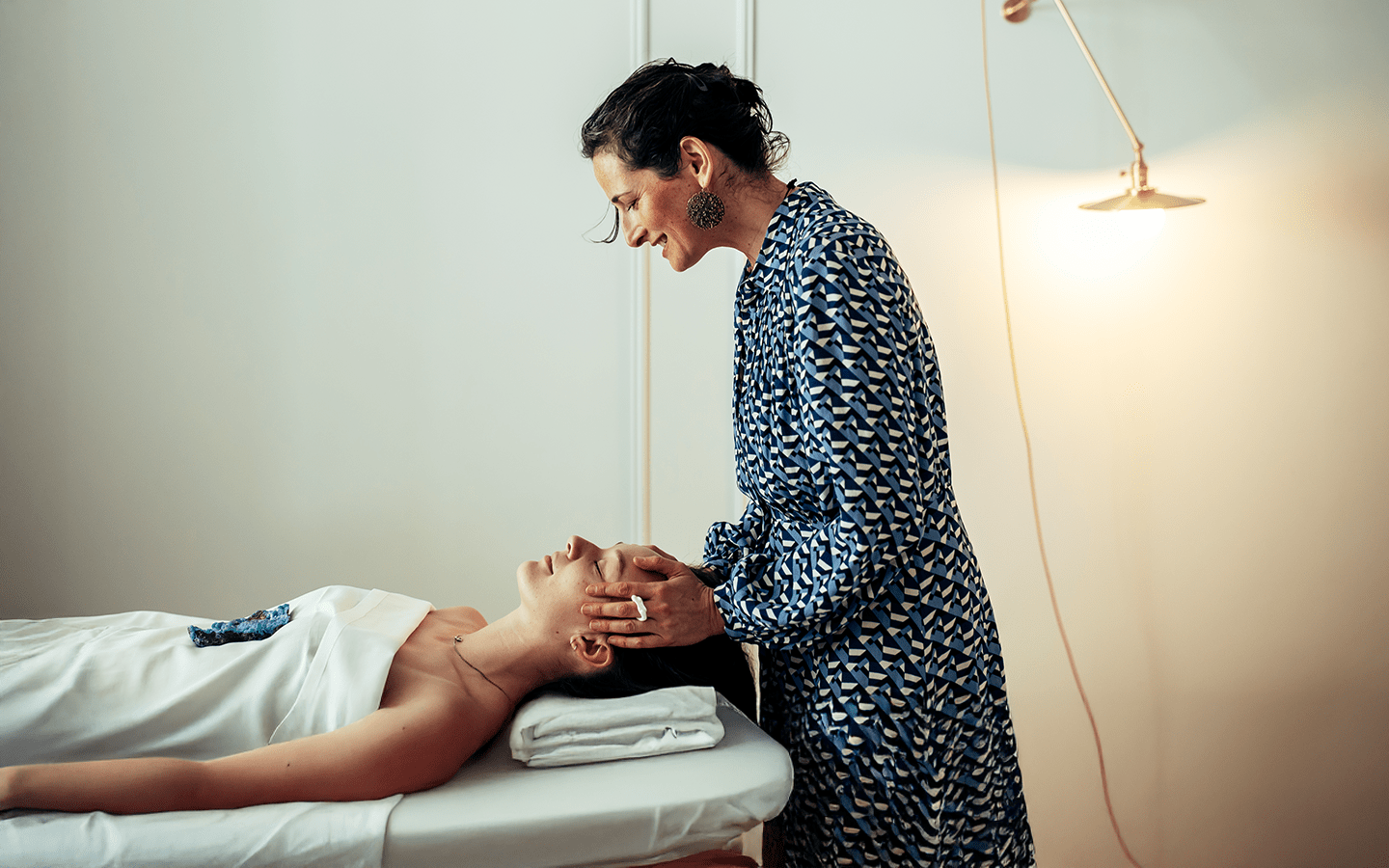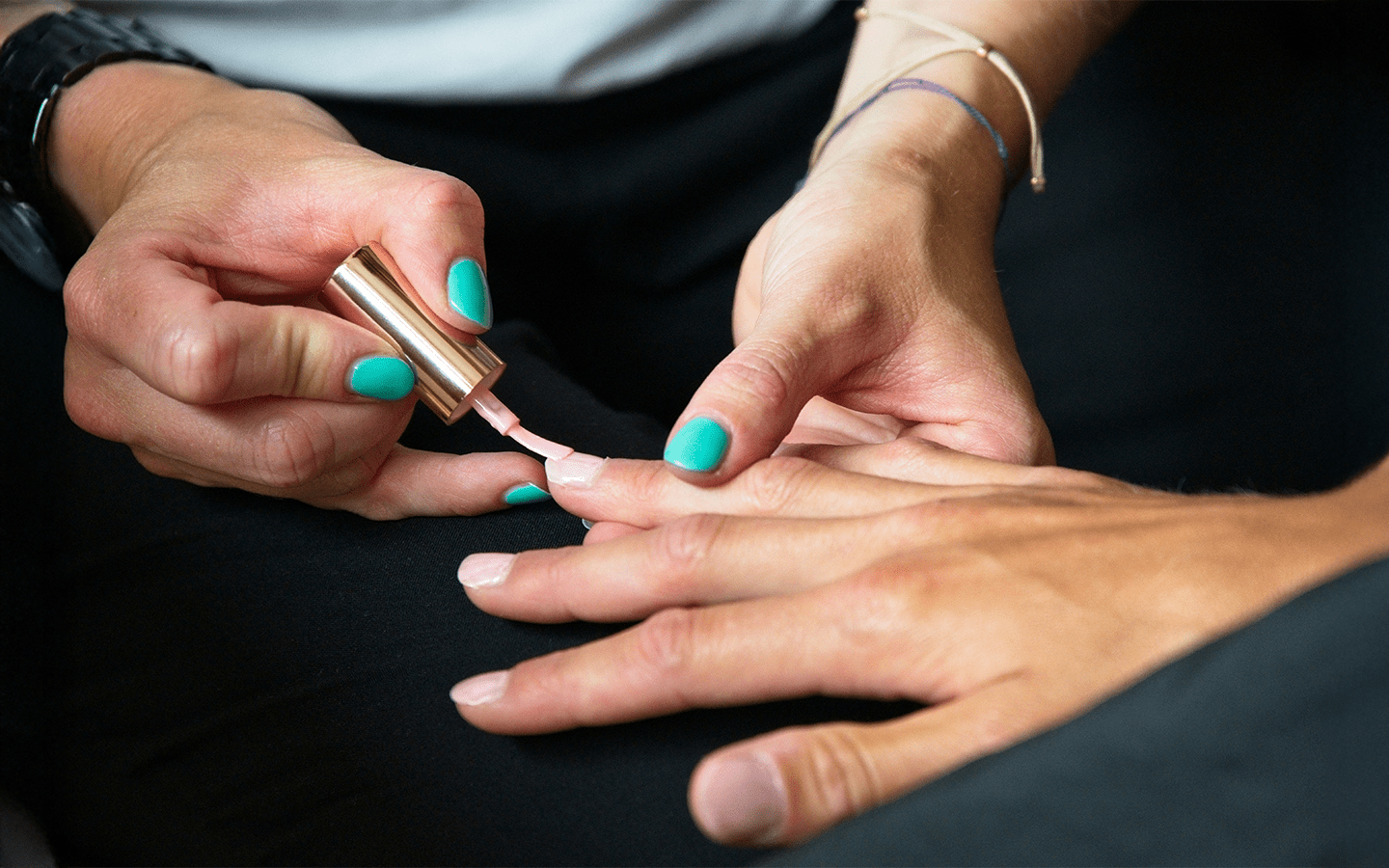
How Long Does It Take For Acupuncture To Work? Quick Guide
As a Doctor of Acupuncture & Chinese Medicine with over two decades of experience, I have had the privilege of helping many women enhance their health, beauty, vitality, and longevity through acupuncture. One of the most common questions I receive is: How long does it take for acupuncture to work? The answer varies depending on the individual's condition and treatment goals. Let's explore the timelines and factors influencing the effectiveness of acupuncture.
Key Highlights
- Acupuncture is a method of traditional Chinese medicine. It uses thin needles to stimulate specific points on the body, aiming to help energy flow and healing.
- How long it takes for acupuncture to show results can differ for each person. This depends on factors like the severity of the treated condition and the patient’s overall health.
- Some people may feel better right after an acupuncture session. However, others might need several sessions over time to see significant changes.
- Acupuncture can help with many conditions. These include chronic pain, anxiety, depression, infertility, and headaches.
- Acupuncture is usually safe, but some mild and temporary side effects can occur.
Introduction
Acupuncture has been a cornerstone of traditional Chinese medicine for centuries, offering a natural and holistic approach to healing.
Whether you're seeking relief from chronic pain, looking to enhance your vitality, or aiming to address specific women's hormonal issues, understanding how long it takes for acupuncture to work is crucial.
In this quick guide, we'll delve into the timelines and factors that influence the effectiveness of acupuncture, helping you set realistic expectations and maximize the benefits of your treatment journey.
Understanding Acupuncture and Its Benefits
Acupuncture is an important part of traditional Chinese medicine. It is based on the idea that a vital life force called "qi" flows through the body along pathways known as meridians. When the flow of qi is obstructed, disrupted, or diminished, it can lead to various health problems. By stimulating specific acupuncture points along these meridians, acupuncture aims to restore the flow of qi, promoting healing and enhancing overall wellness.
Acupuncture can help with a range of conditions. Many people use it to reduce chronic pain, lessen stress and anxiety, improve sleep, and enhance general wellness. Although the experience is unique for everyone, many people feel more relaxed and balanced even after the first visit.
The Science Behind Acupuncture
The idea of qi is an important part of traditional Chinese medicine. But modern science helps us understand how acupuncture needles may work. Research says that when these needles are inserted, they stimulate the nervous system, leading to a chain of reactions in the body.
One key idea is that acupuncture needles activate sensory nerves. These nerves send signals to the brain, which causes the body to release endorphins, our natural pain relievers. This might be why acupuncture can help reduce pain.
Also, studies show that acupuncture can change how the autonomic nervous system works. This system controls things like heart rate, blood pressure, and digestion. By impacting the autonomic nervous system, acupuncture may help people feel more relaxed and lower their stress levels.
Key Benefits for Women's Health and Well-being
Acupuncture has become well-known for helping women with various health issues. It works by restoring the flow of qi in the body, which can help with menstrual pain, keep menstrual cycles regular, and ease menopausal symptoms.
Many women choose acupuncture to deal with pain from conditions like polycystic ovary syndrome (PCOS) and endometriosis. The acupuncture approach examines the link between physical, emotional, and mental health. This can be very helpful for women facing hormonal imbalances.
Also, acupuncture is often included in fertility treatments. It may improve blood flow to the reproductive organs, lower stress, and boost reproductive health overall. If you are looking for ways to support your journey to parenthood, acupuncture could be a good part of your care plan.
Immediate to Short-Term Effects
- Acute Pain Relief: For conditions such as acute pain or sports injuries, many patients experience relief almost immediately after the first session. The sensation of pain relief can be quick, but maintaining this relief often requires consistency in treatment.
- Initial Sessions: Some individuals may notice changes in their symptoms within 3-4 days after starting acupuncture. These changes can include improved sleep, increased energy levels, and reduced stress.
Medium to Long-Term Effects
- Chronic Conditions: For chronic pain and long-standing health issues, acupuncture typically requires a series of sessions. Patients may start to see significant improvements after 2-3 sessions, but it often takes several weeks of regular treatment to achieve long-lasting results.
- Women's Health and Fertility: When addressing issues such as menstrual irregularities or fertility, acupuncture may take several months to show noticeable improvements. These conditions often require time to adjust the body's natural cycles and balance.
Factors Influencing Acupuncture's Effectiveness
- Nature of the Condition: Acute conditions may respond faster than chronic issues, which require more time to heal due to their long-standing nature.
- Frequency of Sessions: Consistent and regular sessions, ideally weekly or bi-weekly, enhance the cumulative effect of acupuncture, leading to more sustained benefits.
- Individual Variability: Each person's body responds differently to acupuncture. Age, lifestyle, and overall health can influence how quickly one experiences results.
- Complementary Practices: Incorporating lifestyle changes, such as improved diet, stress management, and exercise, can significantly enhance the effectiveness of acupuncture treatments.
The Journey to Improvement: What to Expect?
Starting your acupuncture journey means working together with your practitioner. During your first visit, they will ask about your medical history. They will want to know your symptoms and talk about your health goals. This helps them create a treatment plan just for you.
The number of treatments you need can change. It depends on how complex your condition is and how well your body responds to acupuncture. Some people feel much better after just a few sessions. Others might need regular check-ups. Your acupuncturist will help you figure out the best plan for you.
Initial Consultation and Assessment
Your first visit to an acupuncturist will include a detailed assessment. This is to see if acupuncture is right for you. During this first consultation, your practitioner will want to learn about your medical history. They will ask about any past or current health issues, medications, and allergies.
The acupuncturist will also ask about your symptoms. They may want to know when your symptoms started, how bad they are, and what makes them better or worse. This helps your acupuncturist create a treatment plan that fits your needs.
It is important to be open and honest during this consultation. Share as much relevant information as you can. You can also ask questions and talk about any concerns you have. This will help you take part in the conversation about your healthcare.
Frequency of Sessions for Optimal Results
The number of acupuncture sessions you need to get the best results depends on you and your health issue. Your acupuncturist will create a treatment plan just for you based on what you need and your health goals.
A typical treatment schedule might involve weekly sessions, especially at first. As you get better, the sessions may be reduced to a maintenance level, which could be once a month or only when necessary.
It’s important to stay consistent with acupuncture. Like other treatment options, regular sessions help support the benefits and improve long-term health. Your acupuncturist will work with you to find the best treatment frequency for your situation.
Real-life Success Stories: Acupuncture for Women's Health
Acupuncture is helpful for more than just managing pain. It is seen as a good complementary treatment for many different conditions, especially for women's health. Women have shared how acupuncture helps with issues like menstrual problems, fertility difficulties, and menopausal symptoms. They say that it brings them relief and makes them feel better.

Acupuncture works by using the body's natural painkillers. It helps create balance and takes care of both the physical and emotional parts of women's health concerns.
Enhancing Fertility with Acupuncture
Acupuncture is getting more attention as a helpful therapy for couples with fertility issues. It may not be a certain answer, but it could have benefits that support fertility.
One important way acupuncture may help is by regulating menstrual cycles. It can balance hormones and improve blood flow to reproductive organs. This can create a better environment for getting pregnant.
Additionally, acupuncture is known for reducing stress. Stress can affect hormonal balance and reproductive health. So, adding acupuncture to a fertility treatment plan might be a good idea to handle this often-missed part of the process.
Read my guide for boosting fertility: 10 Natural Ways to Increase Fertility
Acupuncture and Its Role in Longevity and Vitality
Acupuncture aims to restore balance and promote the flow of energy in the body. This approach supports health and helps with the body's natural healing processes.
Getting acupuncture regularly may boost the immune system, improve sleep, enhance digestion, and reduce stress. All of these benefits can lead to better well-being and vitality as we grow older.
While acupuncture is not a quick fix for staying young forever, its whole-body approach to health can be a great part of a lifestyle that values graceful aging.
What’s Next?
It's essential to approach acupuncture with realistic expectations. While some may experience immediate benefits, others might need a longer course of treatment to see significant changes.
The key is maintaining open communication with your acupuncturist and adhering to the recommended treatment plan. Acupuncture is a powerful tool for enhancing well-being and addressing various health concerns.
By understanding the timelines and factors involved, you can better navigate your healing journey and achieve optimal results.
For more insights and tips on acupuncture and wellness, visit my website, follow me on Instagram, or subscribe to my newsletter. Let's continue the conversation and explore how acupuncture can support your health and vitality.
Frequently Asked Questions
How many acupuncture sessions are needed to see results?
The number of acupuncture sessions you need to notice changes can be different for everyone. It will depend on your specific situation and how your body reacts to acupuncture's effects. Your acupuncturist will help you find the best possible treatment plan and the right course of treatment for you.
Can acupuncture provide immediate relief for back pain?
Not everyone feels better right away, but some people notice less back pain after just one session. Acupuncture works by stimulating sensory nerves. This action prompts the nervous system to release the body’s natural painkillers. This release may help with pain relief.
How long do the benefits of acupuncture last for back pain?
The amount of time that acupuncture helps with back pain can be different for everyone. Some people feel relief for a long time. Others, especially those with chronic pain, may need regular follow-up sessions. The benefits of acupuncture often build up over time. This means that sticking to a regular course of treatment usually leads to better results.
Is acupuncture effective for other women’s health issues besides back pain?
Yes, acupuncture is a part of traditional Chinese medicine. It helps with many issues, which include women's health problems like menstrual cramps, infertility, and symptoms of menopause. You should talk to your healthcare provider to find out if the benefits of acupuncture match your needs.
How can I prepare for my first acupuncture session to ensure the best outcome?
To get ready for your first acupuncture session, wear comfortable clothes. Don't have caffeine before your visit. Be ready to talk about your overall health and wellness goals with your qualified practitioner. This will help them make a treatment plan that works best for you.
